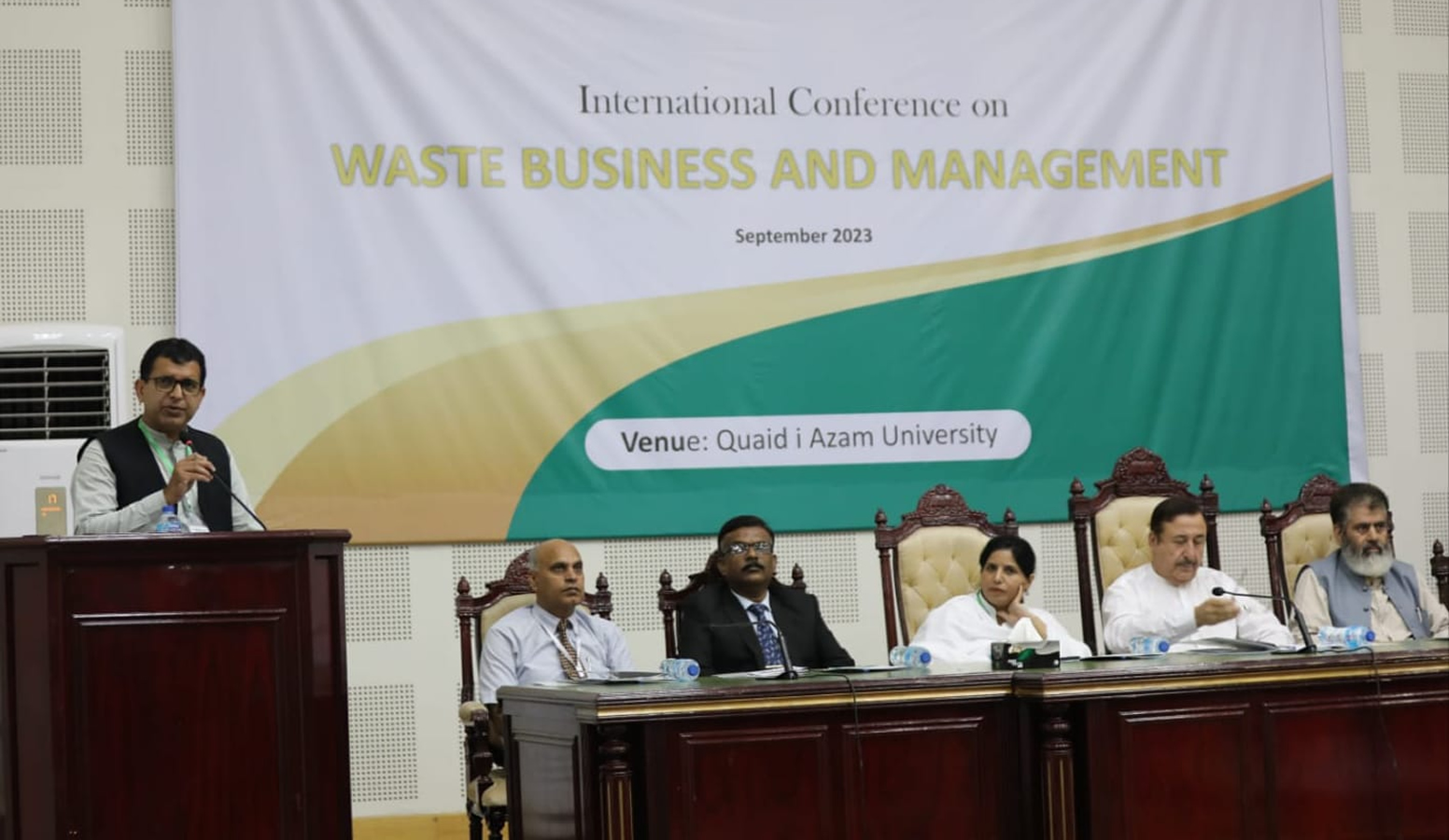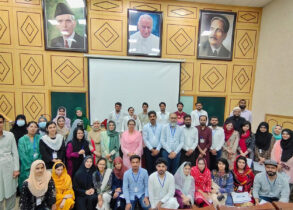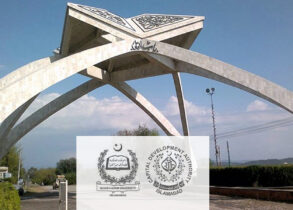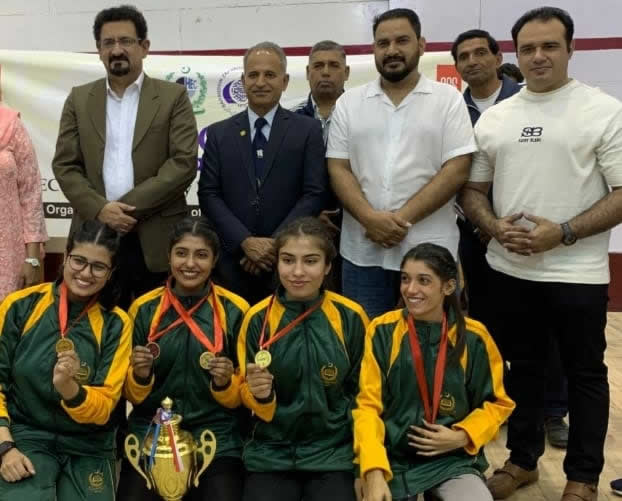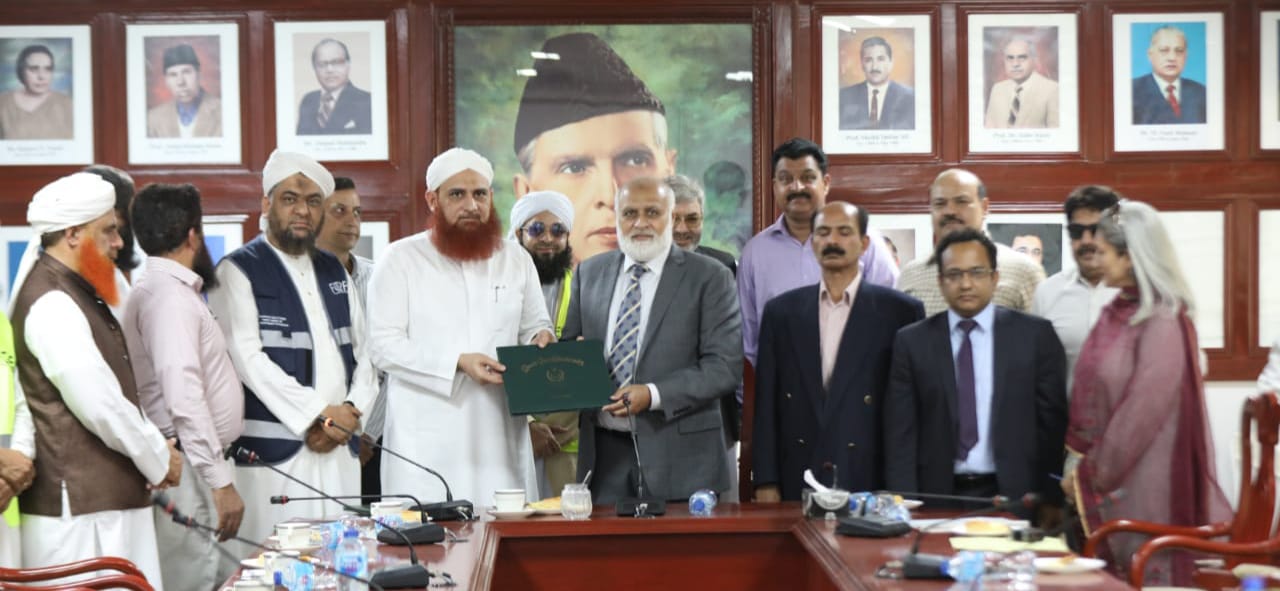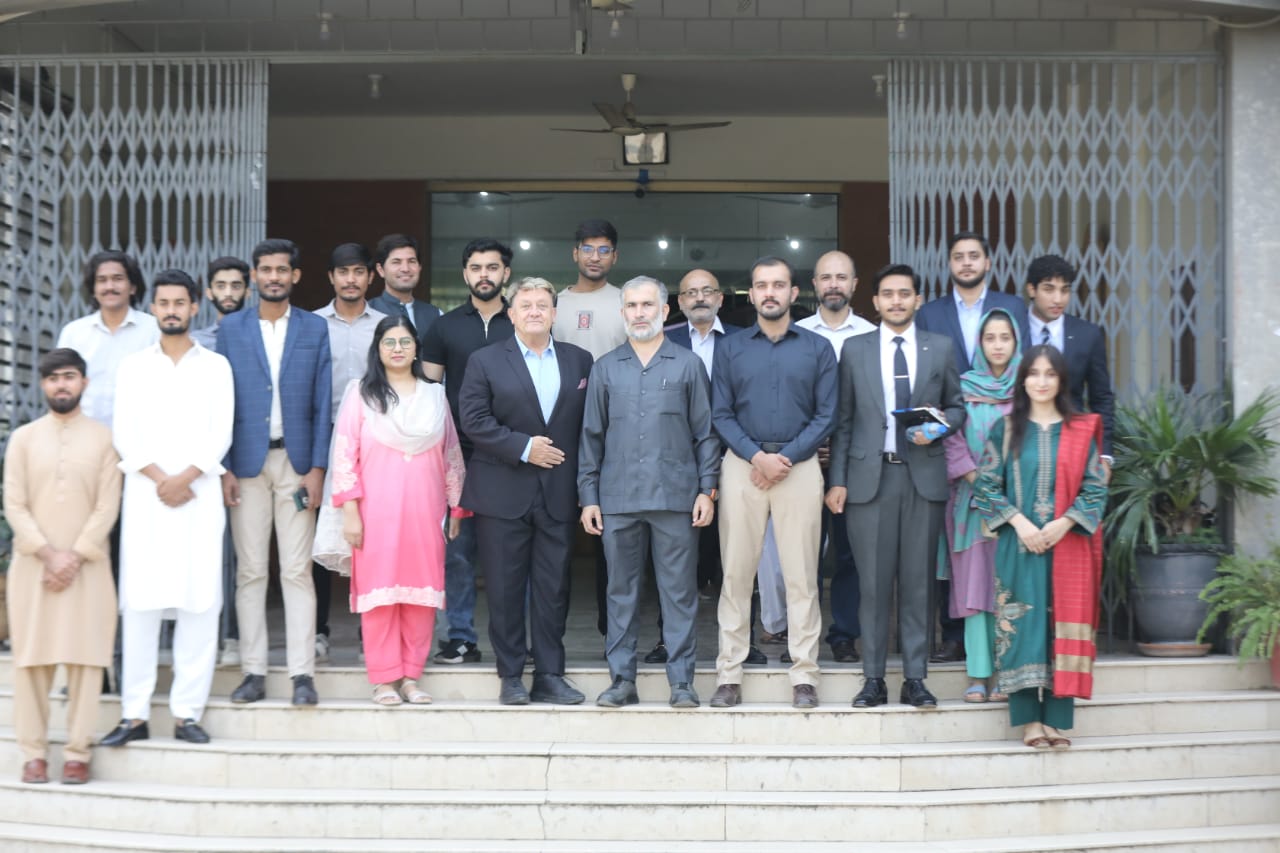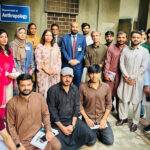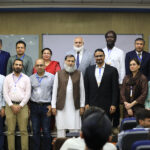International Conference on Waste Business and Management Concludes
The Department of Environmental Sciences, Quaid-i-Azam University (QAU), in partnership with the Pakistan Academy of Environmental Sciences and Pak-EPA, jointly organized the “International Conference on Waste Business and Management.” The primary aim of this conference was to explore innovative waste management strategies, cutting-edge technologies, methodologies, and practices that have the potential to revolutionize waste management systems and contribute to a cleaner and greener environment.
Dr. Muhammad Bashir Khan, Member Technical at the Environmental Protection Tribunal, graced the conference as the Chief Guest. During his address to the audience, he emphasized the critical issue of waste production in Pakistan. The country currently generates approximately 48.5 million tons of solid waste annually, including organic, hazardous, and electronic waste.
Dr. Khan expressed concern over Pakistan becoming a dumping ground for electronic waste and called for a paradigm shift in how we view and manage this waste. He highlighted the opportunities it presents, such as composting, e-waste recovery, and plastic recycling. He pointed out that other countries are importing waste to convert it into valuable products, constituting a global business worth US$1.3 trillion with an annual profit of US$7.5 billion.
Ms. Farzana Altaf Shah, Director General of Pak-EPA, stressed the importance of waste management and urged universities to focus on equipping students with the skills necessary for effective waste handling. She emphasized the need to protect recreational areas, which are deteriorating due to poor waste disposal techniques. Ms. Shah mentioned the ban on single-use plastics in Islamabad and encouraged federal universities to implement similar measures, promote behavioral change, and establish organic waste decomposition plants on their campuses.
Dr. Waheed Yousuf, National Coordinator at the Pakistan Academy of Environmental Sciences, noted that the waste management sector in Pakistan is often neglected and operates in a traditional manner. He highlighted the concerning practice of paying for waste collection, only to see it dumped in landfills or riverbeds, further polluting the environment and impacting biodiversity.
Dr. Mazhar Iqbal, from the Department of Environmental Sciences, warned that if current trends in population growth and urbanization continue, waste generation in Pakistan is projected to double by 2050. On average, waste generation per capita increases at a rate of 2.4% annually, with Islamabad, a city of 2,600,000 people, producing 1,535 tons of solid waste daily. A significant portion of this waste, approximately 60-65%, is organic, and 20-30% is potentially recyclable. Dr. Iqbal underscored the lack of a well-structured institutional mechanism for waste collection, sorting, treatment, and disposal in the country.
Dr. Abida Farooqi, Chairperson of the Department of Environmental Sciences at QAU, extended a warm welcome to the conference guests and emphasized the importance of entrepreneurship in the field. The conference featured three international and over ten national speakers, attracting a significant turnout of students and faculty members from various institutions.
 Circulars / Notifications
Circulars / Notifications

